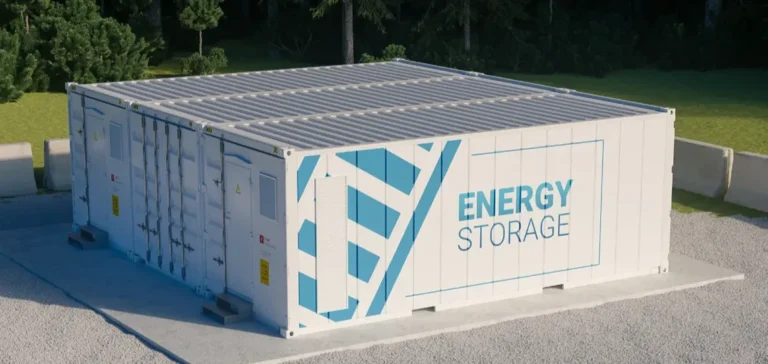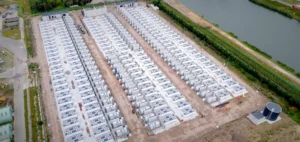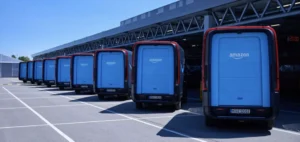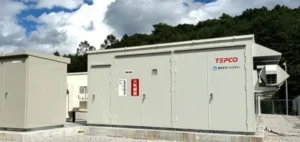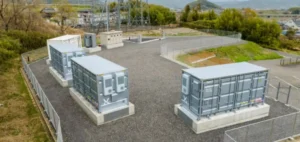Energy supplier AGL will build and operate a network of 16 community batteries in South Australia as part of its “AGL Community Power” initiative. This project, carried out in collaboration with the Government of South Australia, involves the installation of batteries with a total capacity of 11.2 MW and the management of batteries amounting to 11.5 MW. The initiative primarily targets households benefiting from social housing and those experiencing energy hardship.
A flexible storage system integrated into the regional network
The new batteries, each with a power output of 700 kW and a capacity of 1,828 kWh, will complement two recently commissioned units in Magill and Edwardstown. The entire setup will be integrated into AGL’s multi-asset virtual storage platform, the Virtual Power Plant (VPP), optimising the management of locally produced renewable energy and providing new storage solutions for the regional electricity grid.
This project follows AGL’s recent acquisition of the South Australian virtual power plant, one of the largest in Australia. It is part of a strategy aimed at enhancing decentralised energy resources, notably residential solar, by integrating their surplus into a network managed by digital solutions.
Targeted pricing offers for disadvantaged households
Nearly 10,000 low-income or energy hardship households will benefit from an electricity offer priced at 25% below the regional reference tariff through this deployment. Access to these offers will be rolled out progressively as the batteries are commissioned, meeting the demand for lower energy bills in urban and peri-urban areas.
The project is supported by the Australian Renewable Energy Agency (ARENA), which is providing approximately AUD11mn ($7.42mn) in funding, while AGL is investing AUD4mn ($2.70mn) of its own funds. According to Jo Egan, Chief Customer Officer of AGL, this model aims to “share the benefits of the energy transition with those who do not have individual solar solutions or face barriers to home ownership”.
Gradual deployment and new energy models
The community battery model, combined with a large-scale virtual power plant, could facilitate the integration of new renewable energy sources into the grid. This type of solution is of particular interest to market players dealing with the intermittency of solar production and the need to better regulate demand. Public and private investment in this sector highlights the transformation of Australia’s energy infrastructure.
The development of community batteries in South Australia is seen as an operational response to the rapid growth of residential solar and the search for new strategies for storing and sharing energy. The project thus aims to expand access to cheaper electricity for a public often excluded from the direct benefits of the energy transition.


